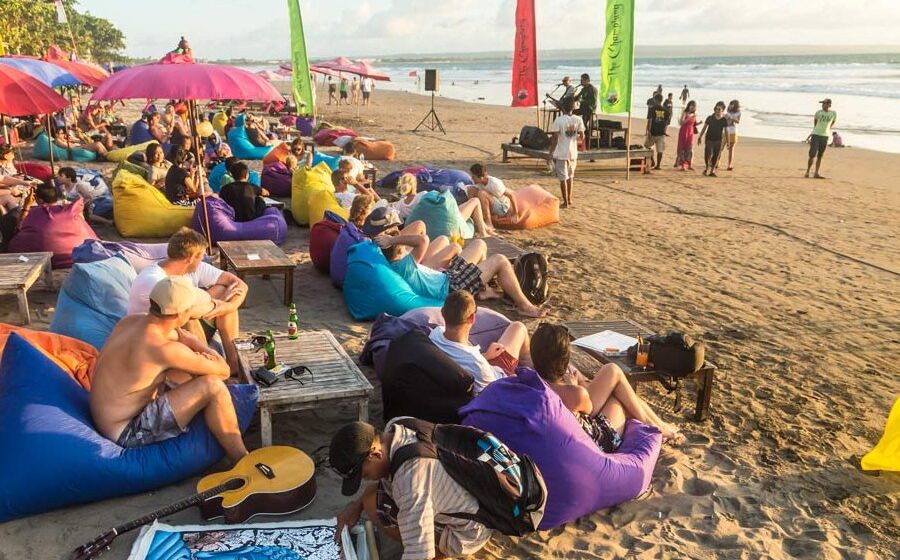The federal government has outlined a multi-million dollar package to help prevent foot and mouth disease from arriving in Australia, amid concerns an outbreak could wipe out parts of the country’s agriculture sector.
Agriculture Minister Murray Watt said $14 million will be spent on combating the spread of the disease in Australia and overseas.
Of that, $5 million will go towards on-the-ground measures in Indonesia, Timor-Leste and Papua New Guinea, including technical assistance and epidemiological support.
A further $9 million will be spent on 18 new biosecurity officers to be stationed at Australian airports and mail centres, as well as detector dogs in Cairns and Darwin.
Funding will also go to a new northern Australia coordinator to manage surveillance and preparedness strategies across the region.
Watt warned the disease could cause an $80 billion hit to the economy if it was allowed to spread in Australia.
“We need the travelling public to take this seriously,” he said.
“If foot and mouth disease gets into our country it will be a devastating blow for our agricultural industry, particularly our livestock industry.
“While there is a lot of attention on the travelling public coming back from Indonesia … the highest-risk way of foot and mouth disease coming back into our country is through animal products, meat products and dairy products.”
NSW Premier Dominic Perrottet said a balance needed to be struck between relaxed travel restrictions and protecting the farming industry.
“We need to make sure we act quickly and err on the side of caution because the devastating impact that can have, particularly on our agricultural providers in rural and regional NSW, is significant,” he said on Friday.
“I know that state ministers are working very closely with the Commonwealth government to achieve an outcome that protects our farmers and at the same time balances the opportunity of open borders.”
The federal government had previously provided $1.5 million for at least a million doses for Indonesia’s foot-and-mouth vaccine program, following a formal request for assistance after the disease spread to Bali.
Watt said as a result of that spread the government was now risk-profiling passengers returning from Indonesia.
“If any of those passengers match the risk profile … then those passengers are screened and go through … being questioned, having shoes cleaned, having luggage examined, having detector dogs,” he said.
“If anyone does come back in the country and declare that they have had contact with a dam or livestock, or have got grains or meat products or any of the usual things that you have to declare, then those passengers are screened as well.”
Watt has returned from Jakarta where he discussed the disease outbreak with his Indonesian counterpart.
Cases of foot and mouth disease were detected in the country in May and later surfaced in Bali, which welcomes more than 100 flights from Australia every week.
Travellers entering Australia have been advised to ensure their clothes and shoes are free of soil or manure.
The agriculture minister said keeping the disease out of the country was a joint responsibility.
“We need the state governments and territory governments to play their role in making sure that they’re prepared if we do see an outbreak come to Australia,” he said.
“We owe it to ourselves, we owe it to our farmers and we owe it to all Australians to take this disease seriously.”
The Nationals have called for the government to introduce compulsory shoe decontamination and a two-day ban from returning to regional Australia, in the wake of the outbreak.



